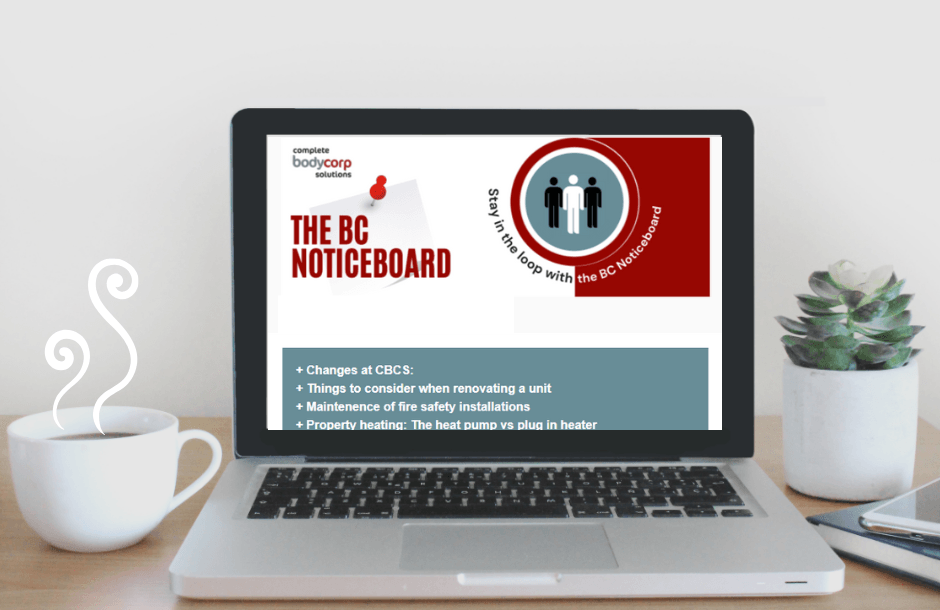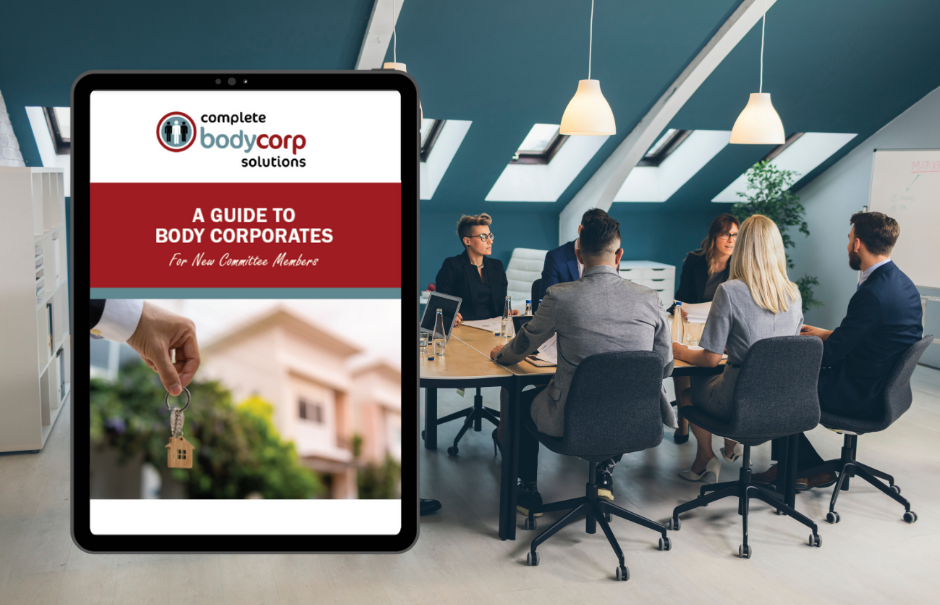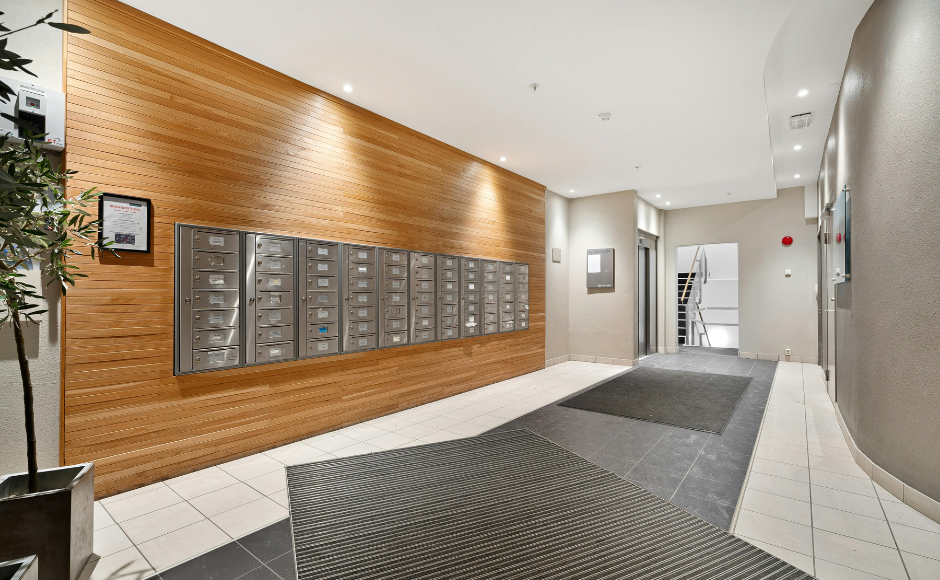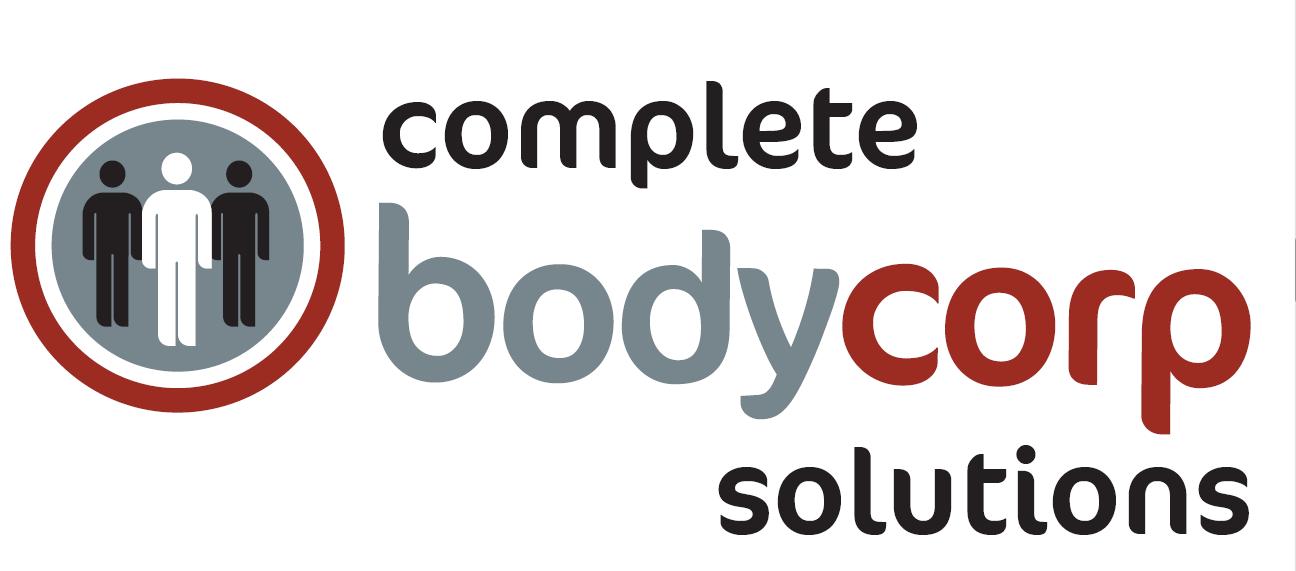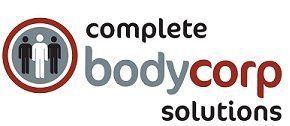Top Tips for Buying an Investment Property in a Body Corporate

Investing in a property within a Body Corporate framework can offer promising prospects, but it is essential to do your research and understand the responsibilities and commitments involved before buying in. Below, we've curated our top tips to guide you through the process of buying within a Body Corporate and highlight key considerations you shouldn't overlook.
Top Tips for Buying an Investment Property in a Body Corporate
Understand the Nature of a Body Corporate:
When you purchase a unit, you automatically become a member of the body corporate. All unit owners in a unit title property make up the body corporate, and they must hold an AGM at least once a year to discuss body corporate matters and vote on decisions affecting the complex.
The body corporate is responsible for managing finance and administration relating to the common areas, and the property as a whole.
Gaining insight into the intricacies of a body corporate is vital for making informed investment choices and safeguarding your financial interests. Armed with this knowledge, investors can adeptly navigate complexities, mitigate risks, and foster a conducive and harmonious community environment. Ultimately, this understanding contributes to enhancing the value and sustainability of your investment.
Familiarise Yourself with the Unit Titles Act:
This is the law which governs all unit title properties, and sets out the rules and regulations so they can be managed effectively. You can refer to the Unit Title Act 2021 here: https://www.unittitles.govt.nz/about-unit-titles-and-body-corporate/
Know the Rules and Bylaws:
Each body corporate will have its own set of rules and bylaws governing things like noise levels, renovations, pet ownership, and use of common areas. Make sure these align with your investment goals and lifestyle.
Check Insurance Coverage:
Confirm what insurance coverage the body corporate has in place for the building and common areas. Consider supplementing this with your own landlord insurance to protect your investment.
Consider the Size of Your Investment Property:
When choosing the size of your investment property, you should consider the local real estate market conditions, the demand for different property types, and your budget. Studio and one-bedroom apartments are popular lower cost options, but depending on your budget two-bedroom apartments may also be a good investment. Larger properties appeal to families and professionals looking to share with others, increasing your potential rental return.
Clarify Maintenance Responsibilities:
When buying a property in a Body Corporate, it’s important to understand which maintenance jobs you are responsible for, and which costs are covered by your Body Corporate fees.
In a nutshell, your Body Corporate is responsible for: common area upkeep; building exterior maintenance and repair; shared utility maintenance and common property insurance. In many cases the insurance of the structure of the building is also a Body Corporate responsibility. Unit Owners are responsible for: maintenance and repairs within individual units; tenant-related insurance; compliance with BC regulations; and insuring their own personal property within the unit, as well as any contents provided to tenants (e.g., furniture and appliances).
Consider the Location:
Location is key in any real estate investment. Evaluate the area's growth potential, rental demand, and proximity to amenities, public transport, and employment hubs.
Factor in Body Corporate Fees:
Body corporate fees (Levies and Sinking Fund Contributions) can significantly impact your cash flow so its important to factor these into your financial calculations when assessing the investment potential of a property. As a potential buyer, you can request the disclosure statement and financial reports to also understand the breakdown of fees and how they are managed.
Assess Financial Health:
Examine the body corporate's financial statements to ensure they are well managed and have sufficient funds for maintenance and unexpected expenses. High fees or underfunded reserves could be a red flag
Understand the Insurance Coverage:
Review the insurance policy held by the Body Corporate to ensure adequate coverage for the property, common areas, and shared facilities. Verify whether the insurance covers structural damage, liability, and any specific risks relevant to the property's location (such as natural disasters). It is also important to enquire about the Body Corporate's claims history and any past insurance claims related to the property.
Inspect the Property:
To ensure the building is structurally sound and weathertight it is important to have a professional conduct a thorough inspection of the property to assess its condition and any potential maintenance or repair issues. Pay particular attention to common areas and shared facilities, as these will be managed by the body corporate. Factor in any maintenance costs or upcoming renovations when calculating your investment returns.
By thoroughly researching and understanding the dynamics of investing in a property within a body corporate, you can make informed decisions and maximize the potential returns on your investment.
For more information and to access a guide on unit titles, click the below link:
